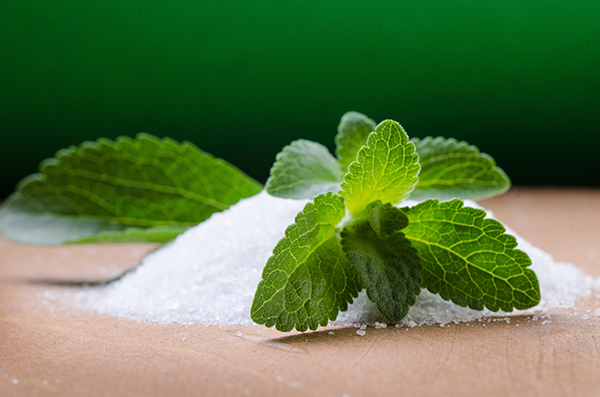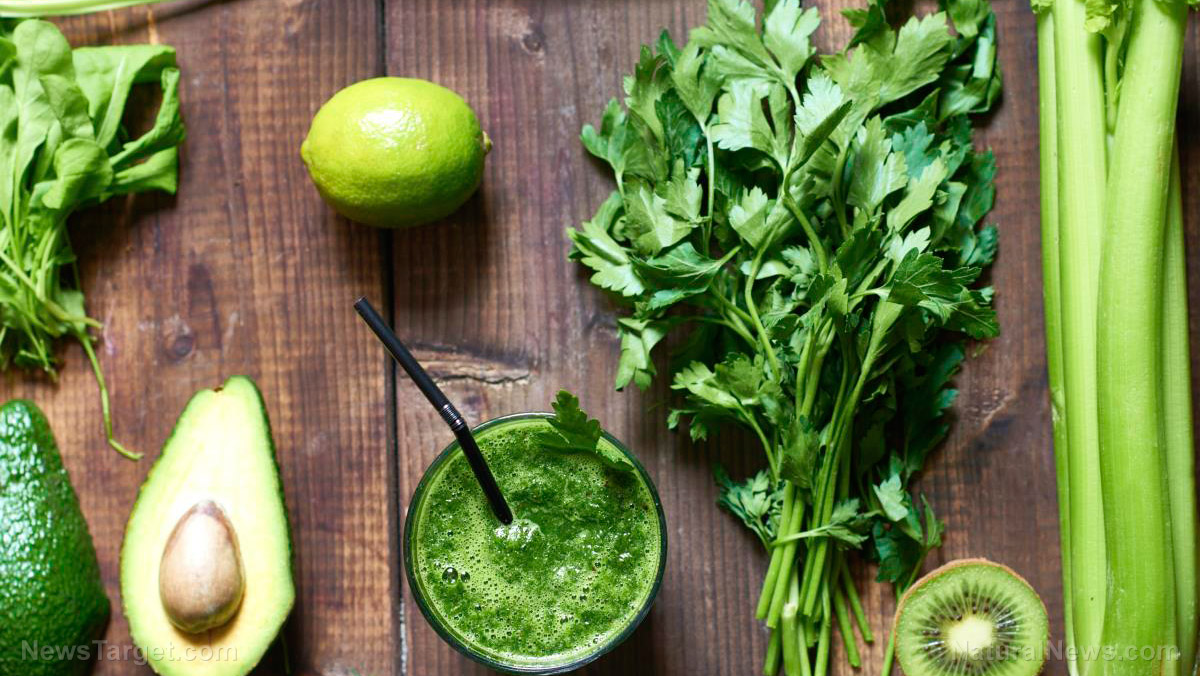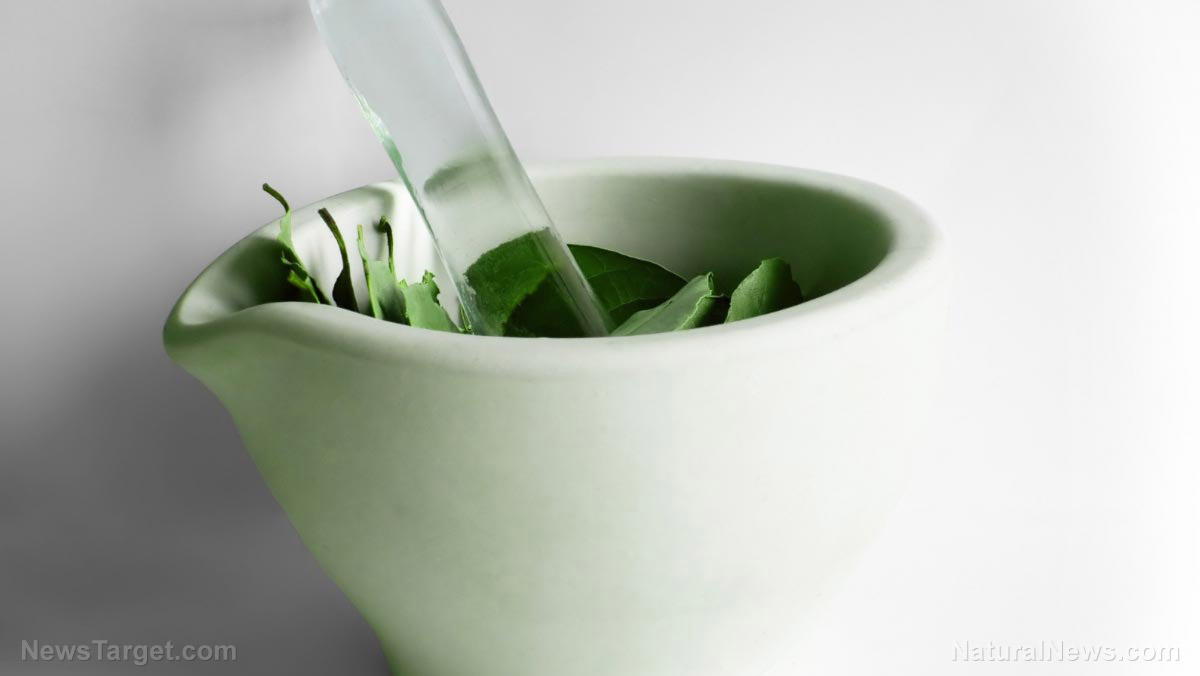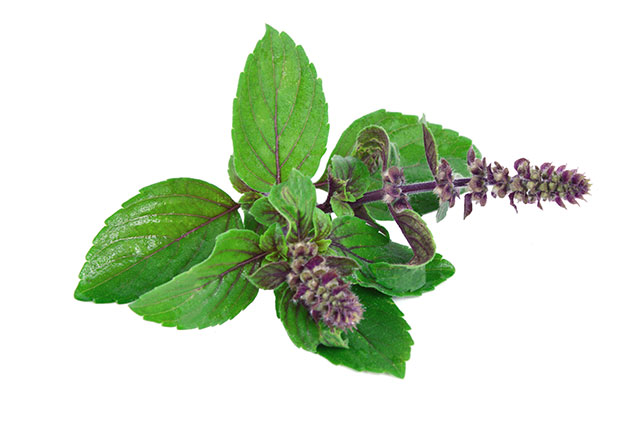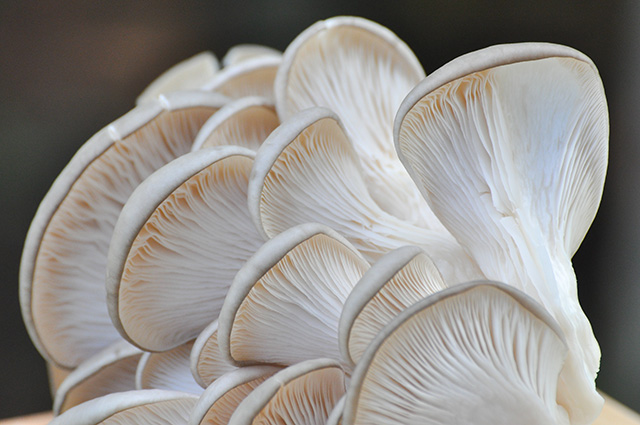How can drinking black tea benefit people with diabetes?
07/13/2020 / By Evangelyn Rodriguez

Tea in the form of green, oolong or black tea is one of the most widely consumed beverages in the world today. All three forms are made from a single plant, specifically, the leaves of Camellia sinensis, a small, evergreen shrub native to China. According to historical records, the Ancient Chinese cultivated this plant first for its wide range of medicinal uses before discovering that the infusion made from its leaves also made a very pleasant drink.
In a recent study, researchers from India evaluated the benefits of drinking black tea for people with Type 2 diabetes. This chronic metabolic disease affects the body’s utilization of glucose, an important energy source for cells, and is characterized by either impaired insulin production or abnormal insulin resistance. Insulin is the hormone that enables cells to use glucose from carbohydrates to fuel themselves or to store glucose for future use.
The researchers discussed their findings in an article published in the International Journal of Green Pharmacy.
The anti-diabetic effects of black tea
Diabetes mellitus is a metabolic disorder that affects millions of people worldwide. Besides absolute or relative deficiencies in insulin secretion, the disease is also marked by chronic hyperglycemia and disturbances in carbohydrate, lipid and protein metabolism.
Numerous studies have looked into the therapeutic effects of black tea against various diseases, such as coronary disease, pancreatitis and liver cancer. Black tea differs from green tea and oolong tea in appearance, organoleptic taste, flavor and chemical components.
For their study, the researchers investigated the effects of black tea extract on key enzymes involved in carbohydrate metabolism. They used male albino Wistar rats injected with 40 mg/kg body weight streptozotocin (STZ) to induce diabetes.
The researchers then administered black tea extract to the animals at a dose of 100 mg/kg body weight for 30 days. They found that the extract significantly decreased the rats’ blood glucose and glycated hemoglobin levels while increasing their production of insulin.
The black tea extract also restored carbohydrate metabolizing enzymes to near-normal levels. The researchers noted that the effects of the extract on various parameters were comparable to those of glibenclamide, an anti-diabetic drug used to control blood sugar levels.
Based on these findings, the researchers concluded that drinking black tea helps with diabetes management as it has components that can reverse alterations in carbohydrate metabolism and ameliorate hyperglycemia, or high blood sugar.
Other health benefits of black tea
Black tea is a well-known and widely consumed drink that’s only second to water. It has a richer flavor than other teas and also contains more caffeine, albeit still less than the amount found in coffee. Black tea is used to make popular blends, such as Earl Grey, English breakfast or chai tea. (Related: What’s in a name? Learning the difference between black tea and green tea.)
Made from the leaves of the tea plant, which is known for its medicinal properties, it is no surprise that black tea confers plenty of health benefits. Here are some of the notable ones confirmed by science:
- It contains high amounts of antioxidants, such as catechins, theaflavins and thearubigins.
- It helps reduce risk factors for heart disease, such as high blood pressure, high blood cholesterol and obesity.
- It decreases the levels of low-density lipoprotein (LDL), the bad cholesterol that builds up in the arteries.
- It contains polyphenols that promote the growth of good gut bacteria while suppressing the growth of bad ones.
- It helps lower the risk of stroke.
- It contains chemicals like epigallocatechin gallate that help improve insulin levels.
- It has anti-cancer properties that suppress the growth of some types of cancer.
- It contains L-theanine, an amino acid that improves alertness and focus and promotes relaxation.
Non-sweetened black tea is low in calories but rich in beneficial plant nutrients that promote health in various ways. To experience its many benefits, enjoy a cup of black tea every day or use it as a substitute for highly caffeinated drinks like coffee or energy drinks.
Sources include:
Tagged Under:
RECENT NEWS & ARTICLES
COPYRIGHT © 2017 SUPERFOODS NEWS




